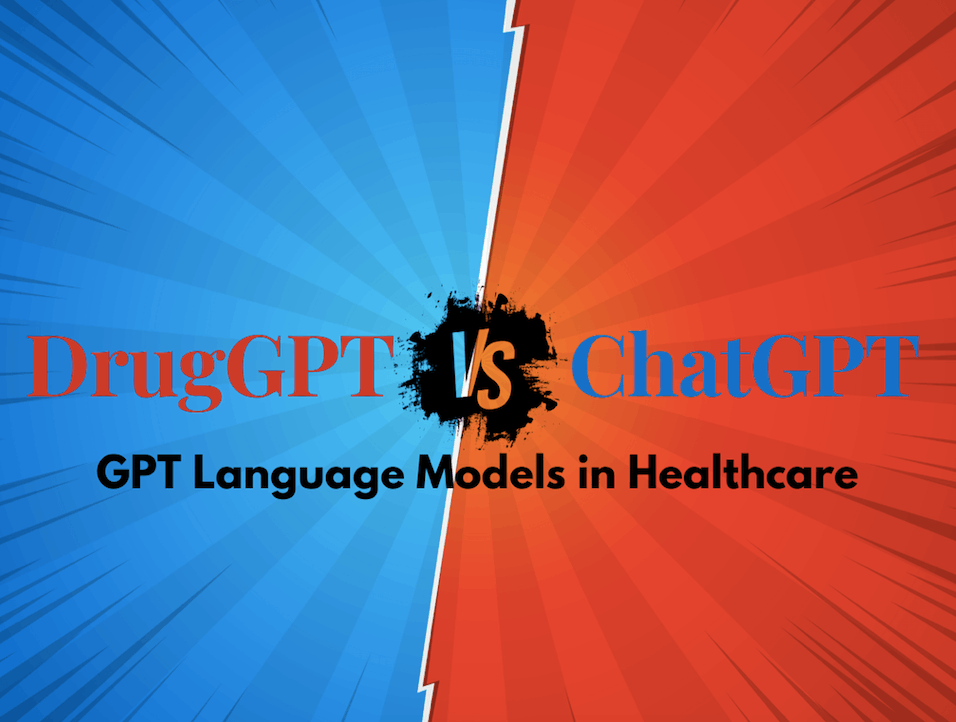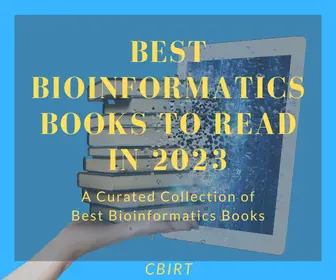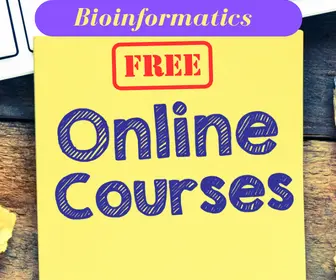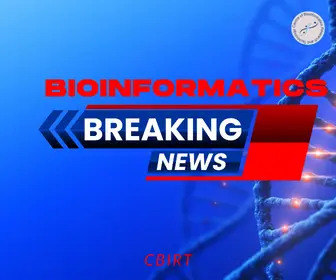Scientists from Talking Medicine present a comparative analysis of three leading Generative Pre-trained Transformer (GPT) solutions – Drug-GPT™ 3, Drug-GPT™ 4, and ChatGPT – within a question and answer (Q&A) setting. The aim was to determine which model delivers the most accurate and relevant information in response to prompts related to patient experiences with atopic dermatitis (AD) and healthcare professional (HCP) discussions about diabetes. The study revealed that all three models could generate accurate responses, but Drug-GPT™ 3 and Drug-GPT™ 4, backed by curated datasets of patient and HCP posts, offered more focused insights, while ChatGPT, a general-purpose model, provided broader responses, lacking the depth and personal insights of the specialized Drug-GPT™ models. This analysis highlights the importance of considering the language model’s perspective when assessing the usefulness of generated information in healthcare applications.
The Rise of GPTs in Healthcare
Generative Pre-trained Transformers (GPTs) have garnered significant attention recently due to their remarkable ability to generate human-like text. Their applications extend far and wide, particularly in the realm of natural language processing (NLP) tasks, making them highly relevant for various domains, including healthcare. As the healthcare industry continues to explore innovative solutions, large language models (LLMs) are revolutionizing operations, from supporting clinical decision-making to aiding drug discovery and facilitating medical translation.
The Potential of GPTs in Healthcare Applications
GPTs have demonstrated remarkable potential in natural language processing (NLP) tasks, rendering them highly relevant for various domains, including healthcare.
The academic landscape is abuzz with studies exploring the use of ChatGPT in healthcare and its potential applications. A systematic review by Li et al. sheds light on ChatGPT’s current release, which exhibits moderate performance but is not yet suitable for clinical deployment due to its lack of specialization. This raises the need for specialized NLP models to address critical clinical applications. Salvagno et al.’s research delve into ChatGPT’s use in scientific writing, acknowledging its usefulness while advocating for human review to ensure accuracy.
ChatGPT’s potential was explored by Cascella et al. in healthcare, acknowledging its promising results while underscoring the importance of education and awareness to address potential pitfalls. Johnson et al. assess the accuracy of ChatGPT-generated medical responses, showcasing their reliability while highlighting limitations and the need for further validation. Conversely, Wang et al. introduce ClinicalGPT, a specialized LLM tailored to healthcare scenarios, demonstrating its efficacy in adapting LLMs to the healthcare domain.
Unveiling the GPT Performance
A carefully curated dataset, sourced from social media and message boards, encompassing inputs from patients and healthcare professionals, served as the foundation. Sophisticated information retrieval systems and the potent GPT-3 or GPT-4 LLMs were harnessed to generate responses. Tailored hyperparameters and prompt engineering ensured that Drug-GPT™ delivers consistent responses based on the most relevant content within its knowledge base dataset. The study underscores the importance of considering the language model’s perspective, knowledge depth, and currency when evaluating the usefulness of generated information in healthcare applications.
The comparative analysis unfolds intriguing findings. While all three models showcased their ability to generate accurate and relevant responses, Drug-GPT™ 3 and Drug-GPT™ 4, supported by curated datasets from patient and HCP social media and message boards, provided remarkably targeted and in-depth insights. In contrast, ChatGPT, being a more general-purpose model, delivered broader responses, suitable for readers seeking a high-level understanding of the topics. However, it may lack the depth and personal insights present in the specialized Drug-GPT™ models’ answers. The study emphasizes the significance of considering the language model’s perspective, knowledge depth, and currency to gauge the generated information’s applicability in healthcare contexts.
Conclusion
This comparative analysis highlights the importance of considering the language model’s perspective, depth of knowledge, and currency when utilizing AI-generated information in healthcare applications. While general-purpose models like ChatGPT offer valuable insights, specialized models like Drug-GPT™ 3 and Drug-GPT™ 4 present a more focused understanding of specific medical aspects and real-world experiences. Healthcare organizations can leverage these specialized models to responsibly elevate patient care and decision-making processes. The responsible implementation and ethical considerations surrounding AI-generated content are paramount for its prudent use in medical practice and research, propelling the healthcare industry toward a brighter future.
Story Source: Reference Paper
Important Note: arXiv releases preprints that have not yet undergone peer review. As a result, it is important to note that these papers should not be considered conclusive evidence, nor should they be used to direct clinical practice or influence health-related behavior. It is also important to understand that the information presented in these papers is not yet considered established or confirmed.
Learn More:
Dr. Tamanna Anwar is a Scientist and Co-founder of the Centre of Bioinformatics Research and Technology (CBIRT). She is a passionate bioinformatics scientist and a visionary entrepreneur. Dr. Tamanna has worked as a Young Scientist at Jawaharlal Nehru University, New Delhi. She has also worked as a Postdoctoral Fellow at the University of Saskatchewan, Canada. She has several scientific research publications in high-impact research journals. Her latest endeavor is the development of a platform that acts as a one-stop solution for all bioinformatics related information as well as developing a bioinformatics news portal to report cutting-edge bioinformatics breakthroughs.















